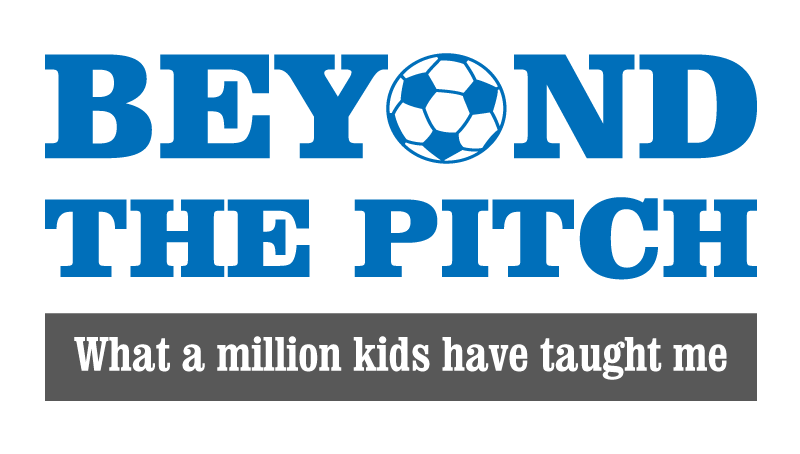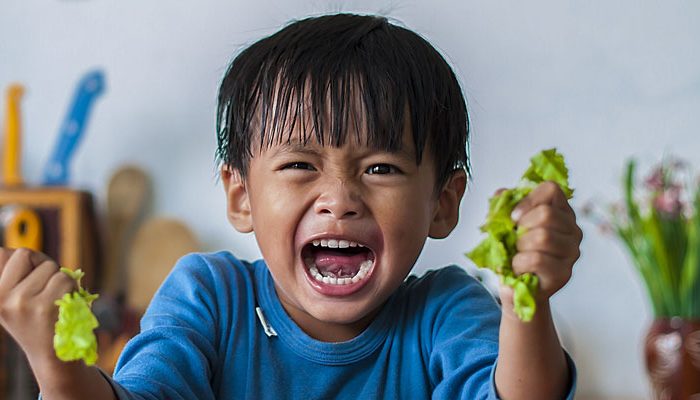
© Prostock-studio / Adobe Stock
What Are We Teaching Our Children?
June 23, 2020
This year has been especially painful. It’s hard to process. As my emotions about our current state of affairs continue to swirl, I find myself thinking even more about how my words and actions impact and influence others.
Am I walking my talk or are my words simple platitudes? Do I live out my values? What am I really teaching my kids?
These are ongoing questions I feel the need to ask myself—now more than ever. A gut-check if you will. A reminder to take a good hard look at myself and take more action when necessary.
Self-reflection is not always fun. But those aha moments (the head-smacking ones where I ask myself, what was I thinking?) continue to be some of the most rewarding and help me to understand myself better and form deeper relationships with my kids.
While there are many verbal pearls of wisdom parents can and do pass on to kids, it’s often our interactions that have the most impact on what gets integrated into their way of being.
"It’s not simply what we teach. It’s how we teach it."
It’s not simply what we teach. It’s how we teach it. It’s not always what we say, but how we listen or don’t listen and how we act. If there are specific things we want to teach our children we must also live out those behaviors. Otherwise we send mixed messages.
If we want our kids to find their voice and be confident using it, we must actively listen. We must hear what they say and seek out their opinions. And when we disagree on something, we must encourage conversation, be curious about their stance and not simply talk at them until they agree with our point of view, which only makes them shut down.
If we want to build resilience we have to let them fail, let them feel heartache and not always rescue them from challenging situations. We must sit with them in their hurt and discomfort and allow them to work through it. This helps them to learn to sit with others and offer comfort and compassion.
If we want them to think for themselves, we must allow them to.
If we want them to feel loved and accepted, we must fully love and accept ALL parts of them unconditionally, even the things we disagree with or find frustrating. That teaches them to love and accept others. It doesn’t mean we don’t have boundaries or rules—it just means we show up and love them regardless.
If we want to teach them equality, tolerance, kindness and acceptance, we must show them through our everyday actions.
These things sound easy but sometimes they aren’t. Believe me when I say I’ve had my fair share of parenting mishaps. My best efforts sometimes failed miserably. But as someone who looks at life through a psychology lens I tend to process, reflect and seek ways to do better. So, I tend to analyze what went wrong, revisit conversations to talk more deeply and apologize when I need to. The point is to keep learning and evolving.
Going through rough times is a part of life. Some are worse than others. But, with painful times come opportunities to reflect, grow, act and teach. If we can get comfortable sitting in the discomfort it can motivate us to dig deeper, understand ourselves better and engage in more meaningful ways. After all, some of the most profound things we do are often the most difficult.
So, what will you teach your children? More importantly, how will you do it?
Be kind to yourselves and others.
Until next time,

Recent Posts
Revive From Burnout
It’s been a while since I’ve written. Finding the time and my voice has been a bit challenging. And honestly I’ve been pretty burned out. Here are three things I’ve done to get back on track and revved up for a new year. Read more.
Tips for Back-to-School 2021
Are you wondering how to manage the back-to-school process this year? Emotions about returning to school may be running a little high. Read on to discover some tips for coping. A little pre-planning will go a long way. Read more.
Behavior on the Slide? Learn the Signs of Stress in Your Child
A child’s behavior can reveal a lot about how they’re feeling. Check out how you can help your child learn to understand and manage their emotions in healthy ways. Read more.





